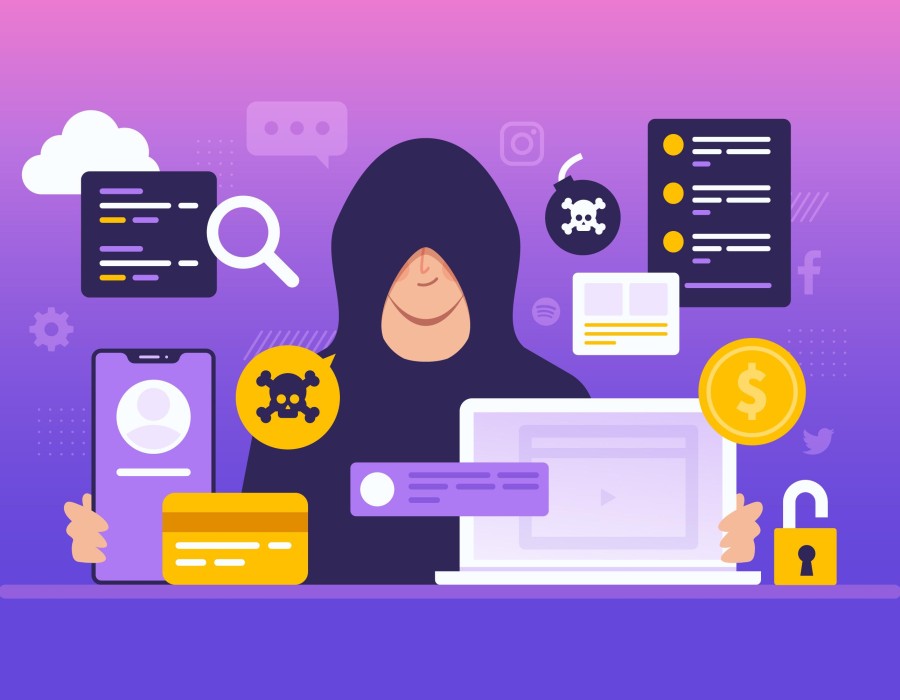While some top hacking apps are used for ethical purposes, like security testing, many are used for harmful activities. Let's explore what hacking apps are, their uses, dangers, and how you can protect yourself from potential threats.
What Are Hacking Apps?
Hack apps are software tools that let users gain unauthorized access to computer systems, networks, or digital devices. These apps can do various things, such as:
- Wi-Fi Hacking Apps: Used to break into wireless networks, often to access free internet or steal data.
- Password Cracking Tools: These apps try to guess or decrypt passwords, allowing hackers to access protected accounts and systems.
- Keyloggers: These record every keystroke on a device, capturing sensitive information like usernames, passwords, and credit card details.
Ethical vs. Malicious Use
Not all hacking apps are bad. Ethical hackers, or white hat hackers, use these tools to test and improve security. By finding vulnerabilities before bad hackers do, ethical hackers help organizations strengthen their cybersecurity.
However, in the hands of malicious hackers, or black hat hackers, these tools can cause serious harm. These hackers use top hacking apps to steal personal information, commit fraud, and disrupt services.
The Dangers of Hacking Apps
Using hack apps for bad purposes can lead to several problems:
- Data Theft: Hackers can steal sensitive information like financial data, personal identities, and company secrets.
- Financial Loss: Unauthorized access to bank accounts can result in significant money loss.
- Privacy Invasion: Hacking apps can let hackers spy on people, accessing personal emails, messages, and even webcams.
- Service Disruption: Hacking attacks can disrupt online services, leading to downtime and loss of revenue for businesses.
How to Protect Yourself
With the rise of hack apps, it's important to protect yourself:
- Use Strong Passwords: Create complex, unique passwords for different accounts and change them regularly.
- Enable Two-Factor Authentication (2FA): Adding an extra layer of security can prevent unauthorized access even if your password is stolen.
- Install Security Software: Reliable antivirus and anti-malware programs can detect and block hacking attempts.
- Keep Software Updated: Regularly update your operating system, applications, and security software to fix known vulnerabilities.
- Be Cautious with Public Wi-Fi: Avoid doing sensitive transactions over public Wi-Fi, and use a virtual private network (VPN) for added security.
Conclusion
Hacking apps are a double-edged sword. While they can be used ethically to strengthen security, they also pose significant risks when used maliciously. Understanding these tools and taking strong security measures can help protect against potential threats. Stay alert and proactive in safeguarding your digital life to ensure your personal and professional information remains safe.
By raising awareness and promoting responsible use, we can reduce the risks associated with the best hacking apps and create a safer online environment for everyone.
Lastly, this section is for you if you are a developer and want to list your product among the best apps. Submit your app for a review by MobileAppDaily experts to get it featured on the platform.





Comments